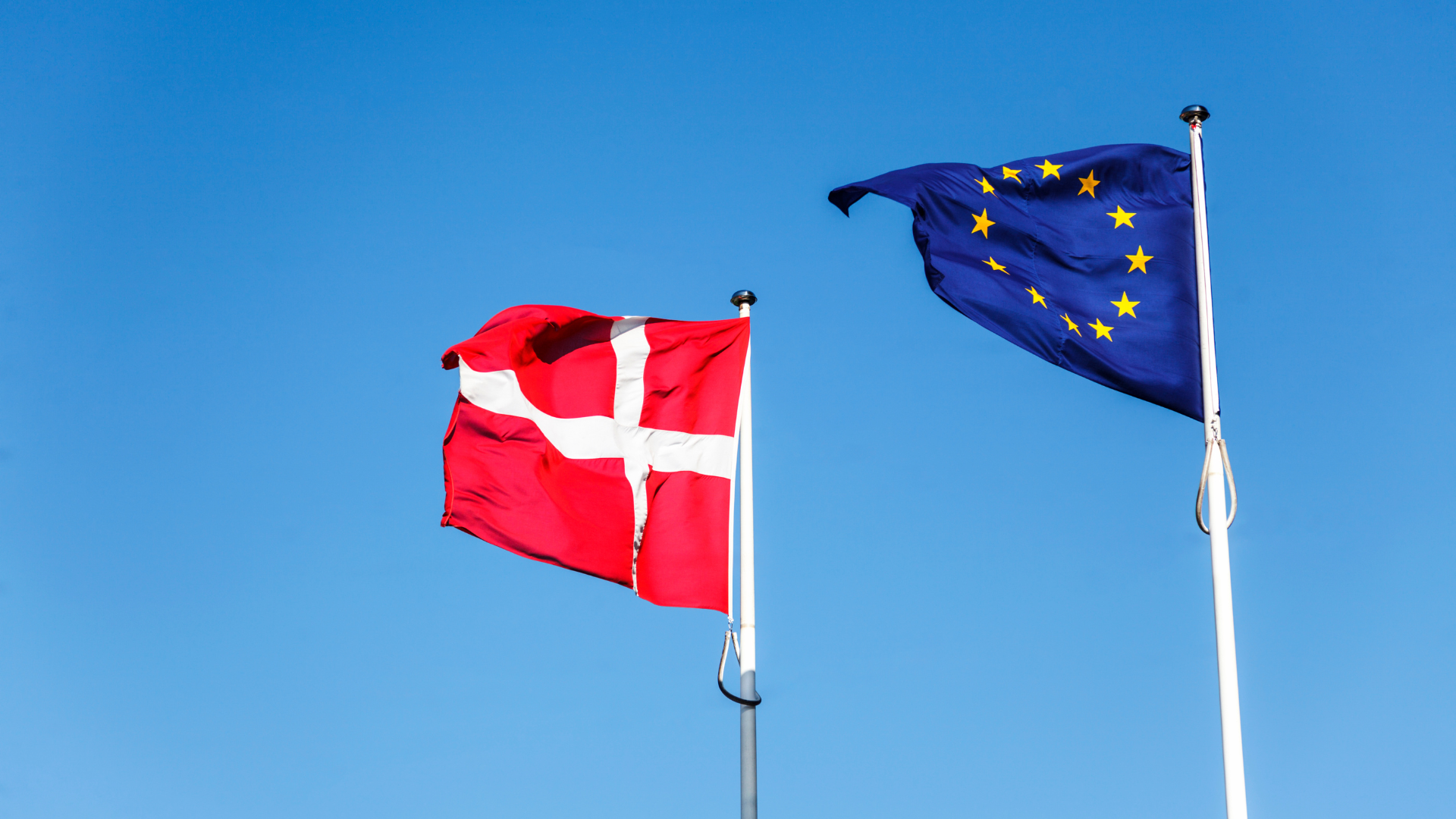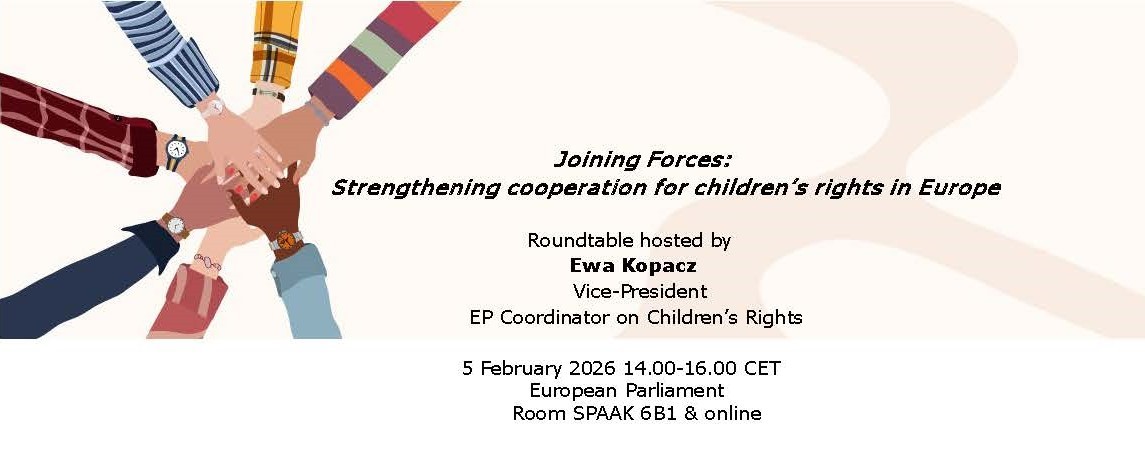Programme of the Danish Presidency of the Council of the European Union
As Denmark assumes the Presidency of the Council of the European Union from July 1 to December 31, 2025, it embarks on a mandate to address some of the most pressing issues facing Europe today.
As Denmark takes over the Presidency of the Council of the European Union on the 1st of July 2025, it does so with a focus on children’s rights. The Danish Presidency has unveiled the programme which specifically mentions the European Child Guarantee, online protection, victim support, and children’s health
Under the framework of the European Child Guarantee and through knowledge sharing, the Danish Presidency committed to work to improve the conditions of children in vulnerable situations, particularly those alternative care, with a focus on children in alternative care, ensuring quality in their placement. We also welcome the adoption of Council conclusions addressing the Commission’s Affordable Housing Plan. At the same time, while we welcome the mentioning of the European Pillar on Social Rights and the European Semester, we would have liked to see a social approach in the section linked to the EU budget.
Protecting children online is high on the agenda of the Danish Presidency. The EU’s digital regulatory framework will be tested in the daily lives of Europeans. Efforts will focus on the enforcement of existing rules and upcoming new legislation linked to harmful content, addictive algorithms, screen consumption and unethical business models and extensive data harvesting and profiling. It also aims to raise the age of access to social media, in line with recent calls from other Member States. Denmark places high importance on advancing the revision of the Directive on Combating the Sexual Abuse and Exploitation of Children and Child Sexual Abuse Material and the proposed Regulation to combat child sexual abuse. By continuing to work on the proposal of the directive on minimum standards for victims’ rights, the Presidency seeks to ensure age-appropriate support for child victims. The Presidency will also test the digital regulatory framework in the daily lives of Europeans.
We welcome that the Presidency specifies that to achieve real gender equality, men and boys must be included in equality efforts – as not only allies supporting the rights of women and girls, but also by recognising their own gender-specific challenges, including exposure to unrealistic ideals of masculinity and misogynistic content online. The Presidency will also support the development and launch of new and ambitious strategies to advance equal opportunities across EU institutions and Member States, including the upcoming gender equality strategy and the LGBTQI+ Strategy. While we welcome this, we regret that the Anti-Racism Strategy, that will be published at the end of the year, has not been mentioned. Should it be proposed, the Presidency is prepared to support the revision of the Tobacco Taxation Directive, including supporting an amendment to limit negative health effects on children.
When it comes to migration, we regret the approach taken by the Presidency, which prioritises border control, deterrence, and returns over respect for human dignity, protection of refugees, and access to fair asylum procedures, thereby undermining basic human rights and international protection obligations. It risks exposing migrants and asylum seekers, including children, to harm, unlawful treatment, and denial of protection.
While we welcome the Danish Presidency’s focus on improving conditions for vulnerable children, advancing online child protection, promoting gender equality, and addressing affordable housing, we regret the absence of a stronger social and anti-racism agenda and express deep concern that its migration priorities prioritise border control and returns at the expense of fundamental human rights and protections for migrants and asylum-seeking children.
Further information and a thorough assessment of the Danish Presidency programme and events are available in our Members' Room.





